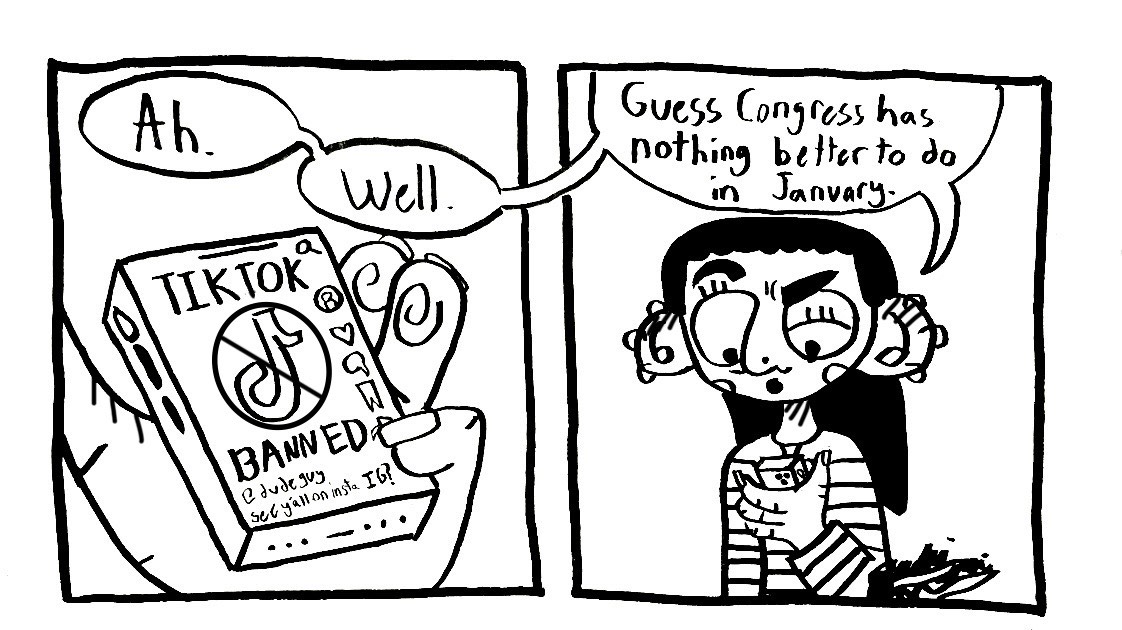Because the world is anxiously awaiting the possible escalation of the ongoing Kosovo conflict, most of U.S. foreign policy and media attention is devoted to that part of the world. Unfortunately, as a result, another equally crucial region is left devoid of any international or U.S. attention, even as the events taking shape there threaten to make the Kosovo crisis seem like a minor annoyance in comparison.
It was only a little less than a year ago, when President Clinton was making his historic and dramatic visit to the African continent. He visited six so-called “country-beacons” of hope and peace in Africa. At the time, speaking during his brief stays in Uganda and Rwanda, the president met and praised a number of African leaders, members of the so-called “New Generation” of Africa’s peace-loving democrats. He promised a mutually beneficial U.S.-African strategic and economic partnership, and openly pledged never to allow the kind of violence such as the 1994 Rwanda genocide to take place ever again anywhere in the world.
Today, it is time to once again check up on the “newly rediscovered” continent and see whether the long-promised and desperately awaited “African Renaissance” so enthusiastically promised by Clinton and the “new” generation of African “enlightened” leaders has actually started to take root.
Alas, the reality of the situation today is nothing like the American forecast. Not only are the positive economic and democratic changes not even starting to take place, but the continent is actually slipping even deeper into chaos and instability. Instead of economic growth and democratization, Africa’s countries are increasingly plagued with ever-growing corruption, widespread disease, economic and social decay, and growing authoritarian tendencies by their “enlightened” leaders.
And if that weren’t bad enough, Africa’s long-suffering population is also starting to experience the level of political violence and ethnic conflict that are starting to surpass the horrible carnage of the 1994 Rwandan genocide when nearly a million people died.
Nearly 20 of Africa’s 53 countries, and almost one-third of the continent’s more than 200 million people, are slowly being killed or displaced as a result of conflicts in such important nations as Angola, Sierra Leone, Guinea-Bissau, Eritrea/Ethiopia, Congo, Sudan, Rwanda, and Burundi, just to name a few.
Sadly today, not even the hundreds of thousands of potential casualties and the growing regional chaos seem to be good enough reasons for either the United States or the United Nations to get actively involved in the continent.
Where is the long-promised active U.S. and U.N. involvement in helping Africans obtain their economic and political stability? Where is the “truly global” United Nations in stopping the new massive genocides developing each day in Africa? Where is Clinton’s “hand up and not out”?
They are nowhere to be seen.
If the Clinton administration, the international community and the “proud” African-American community really meant what they said about getting involved in helping resolve the continent’s growing problems, let them now take concrete and comprehensive actions not only to move Africa from the approaching brink of catastrophe, but to realistically assist its people in moving beyond that brink to the peaceful and democratic future promised them by their leaders and Clinton only a year ago.
-The writer is a sophomore majoring in international affairs.




